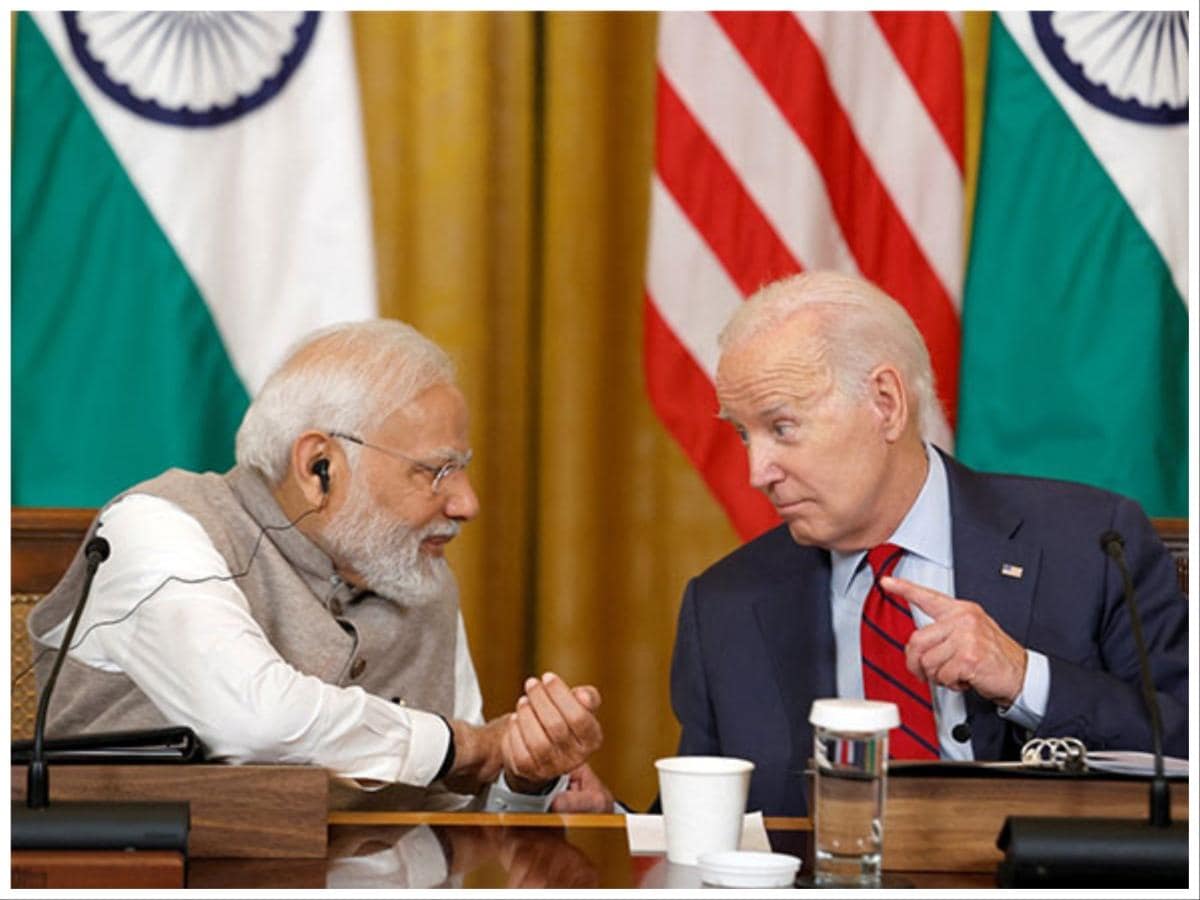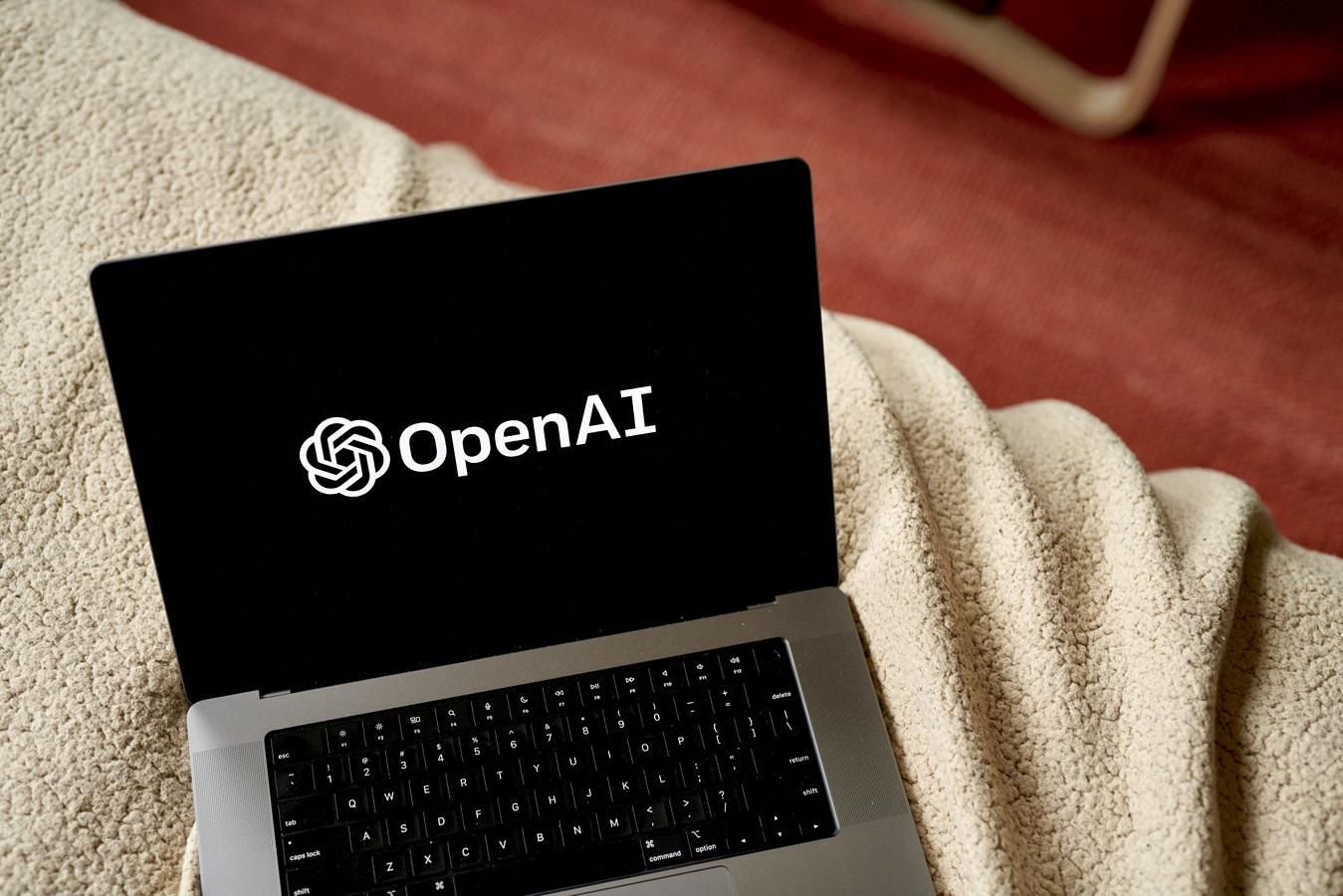The tech collaborations resulting from Prime Minister Narendra Modi’s state visit to the US will create “unmatched opportunities for the advancement of India’s Techade”, the Internet and Mobile Association of India (IAMAI) said in a statement on Thursday.
“This visit unlocked opportunities across sectors including defence, space, semiconductors, artificial intelligence, quantum computing, telecommunications, and consular services. These will play a critical role to realise India’s vision of a $1-trillion digital economy,” the statement further read.
In 2021, PM Modi had announced that the decade would be India’s “Techade”. IAMAI called the public-private partnerships during PM Modi’s visit as being “aligned with this commitment” and said it would give “unmatched” filip to India’s tech industry.
During the visit, US chip firm Micron announced that it would invest $825 million in a new chip assembly and testing facility in Gujarat. The total invested in the plant is expected to be around $2.75 billion. Out of this, 50 per cent will come from the Centre and 20 per cent from the state government.
India and US also signed the Artemis Accords, a US-led alliance seeking to facilitate international collaboration in planetary exploration and research. Under this, Nasa and Isro will work together to send a joint mission to the International Space Station.
General Electric and Hindustan Aeronautics Ltd also signed a memorandum of understanding to jointly manufacture F-414 engines for Tejas light-combat aircraft.
Moreover, India also signed a deal to buy 31 MQ-9B predator drones made by General Atomics.
“Fostering an open, accessible, safe, and secure technology ecosystem will enhance the capability of the entire technology ecosystem of India. It is not only a historic moment for India in terms of attracting huge investments in technology, but also an opportunity to create Indian IP in the areas of emerging technologies which will transform the entire ecosystem,” said Harsh Jain, chairman of IAMAI.
“IAMAI members will certainly benefit from greater technology sharing, co-development, and co-production opportunities between industry, government, and academic institutions across India and the US.”
Note:- (Not all news on the site expresses the point of view of the site, but we transmit this news automatically and translate it through programmatic technology on the site and not from a human editor. The content is auto-generated from a syndicated feed.))



